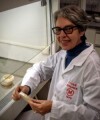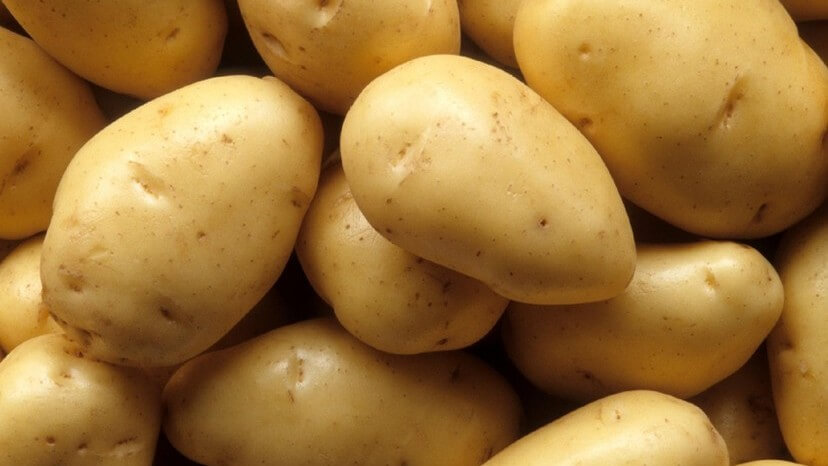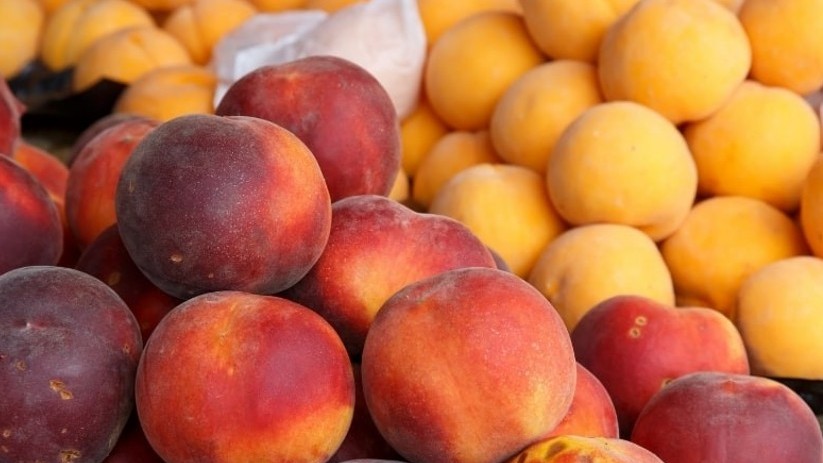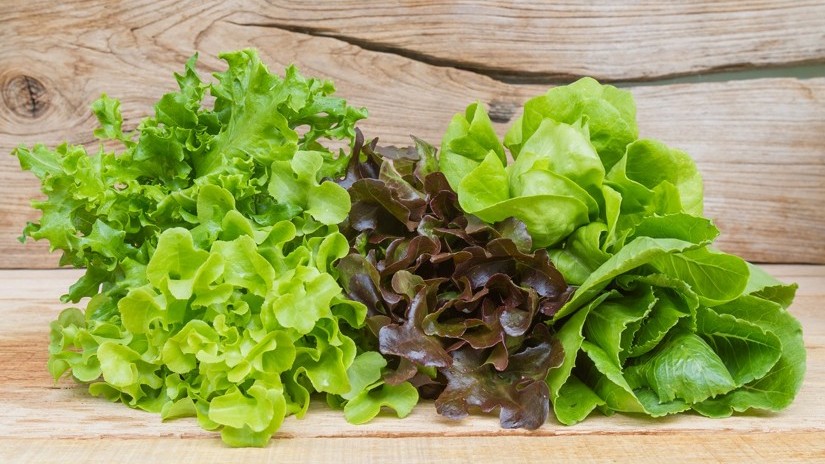News
Phenylalanine protects nectarines stored at low temperatures
The application of phenylalanine improves the accumulation of resistance metabolites and antioxidant capacity, alleviating cold damage in post-harvest nectarines
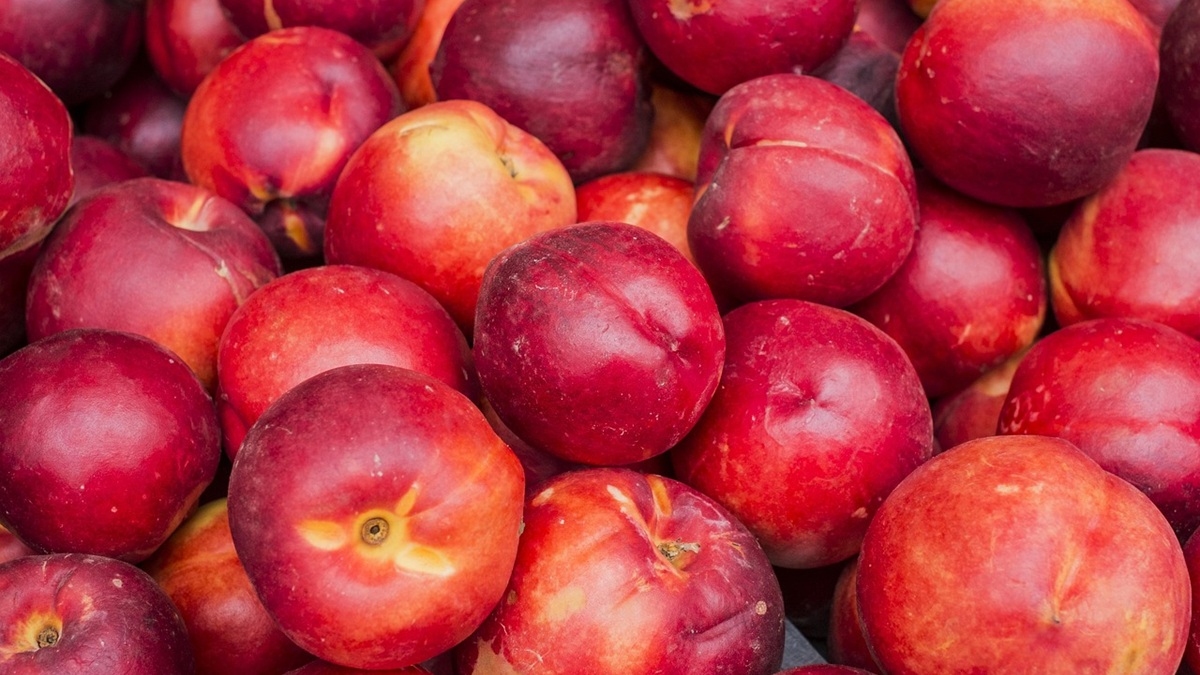
Nectarines (Prunus persica L. var. nucipersica, family Rosaceae) are fruits that are highly prized for their pleasant taste and nutritional content. They are typical respiratory climacteric fruits, and most varieties ripen during hot summers, causing rapid softening and decay after harvest.
Low-temperature storage is the most widely used method of preservation for post-harvest fruits and vegetables. However, nectarines are sensitive to cold and highly susceptible to damage when the ambient temperature is below 8°C, which mainly manifests itself as pitted and water-soaked pericarp, browning of the flesh and poor texture, loss of flavor, and general metabolic alterations.
Cold stress and defense mechanisms in plants
Cold stress induces the accumulation of reactive oxygen species (ROS) in plant cells, causing oxidative damage.
Plants have developed sophisticated antioxidant mechanisms to eliminate excess ROS, including enzymatic and non-enzymatic systems. ROS detoxification enzymes, including catalase, peroxidase, and superoxide dismutase, belong to the enzymatic system that helps maintain intracellular ROS homeostasis.
In addition, a large number of primary and secondary metabolites comprise the non-enzymatic system, including sugars, amino acids, lipids, glutathione, vitamins C and E, carotenoids, flavonoids, phenolic acids, and anthocyanins, which act synergistically with the enzymatic mechanism to effectively reduce ROS content and mitigate oxidative damage.
Endogenous hormonal homeostasis determines the plant's adaptation to adversity, and various phytohormones, such as abscisic acid, auxins, jasmonic and salicylic acids, ethylene, and gibberellins, are often involved in stress resistance; these phytohormones have been extensively studied in the regulation of post-harvest cold damage in fruit.
Abscisic acid treatment increases antioxidant enzyme activity and improves ROS scavenging capacity, thereby enhancing post-harvest cold tolerance in nectarines. Indoleacetic acid treatment influences hormonal homeostasis and alleviates cold damage. Jasmonic and salicylic acids mitigate cold damage by regulating sugar metabolism during low-temperature storage of these fruits.
Phenylalanine
Phenylalanine is an aromatic amino acid that constitutes the main substrate of the phenylpropanoid pathway in plants.
Treatment with phenylalanine alleviates cold damage, promotes resistance to pathogens, delays senescence, and improves fruit quality, mainly through phenylpropanoid metabolism by regulating the levels of flavonoids, phenolic acids, and anthocyanins, thus contributing to antioxidant capacity.
Application of phenylalanine to nectarines
In current research, the application of phenylalanine has been shown to effectively alleviate cold damage in nectarines.
Metabolome and transcriptome analyses revealed the induction of multiple resistance pathways through treatment with this amino acid, such as the regulation of primary and secondary metabolism, as well as the expression of several genes associated with sugars, which increased after treatment.
There was also an increase in the total flavonoid and carotenoid content in phenylalanine-treated fruit, which contributes to improving its free radical scavenging capacity while maintaining its nutritional attributes.
An increase in the activity of several antioxidant enzymes, such as catalase, peroxidase, and superoxide dismutase, was also verified, while the malondialdehyde content was reduced.
It was found that phenylalanine inhibits the activity of the enzymes pectate lyase, polygalacturonase, and β-galactosidase, thus preventing the degradation of protopectin and delaying the softening of the fruit during storage at low temperatures.
This study reveals the beneficial effects of applying phenylalanine during the low-temperature storage of nectarines.
Sources
Liu, Y.; Wu, J.; Li, Y.; Deng, W.; Li, Z.; Cao, K.; Wang, L. (2026).
Phenylalanine application enhances resistance metabolite accumulation and antioxidant capacity to alleviate chilling injury in postharvest nectarines
Postharvest Biology and Technology, 231:113912.
Cover photo: Pixabay


